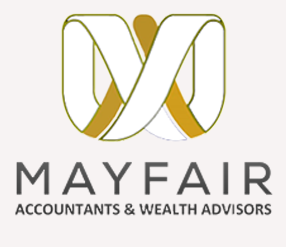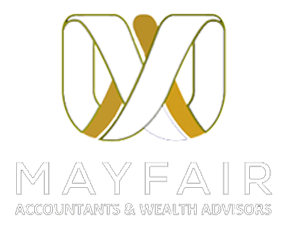Are you a VAT registered business in the UK? If you are, you need to keep records of many things.
The things that you need to keep records include:
• All copies of VAT invoices you issue
• All original VAT invoices you receive
• A VAT account
• Any corrections you make to your VAT accounts or invoices
• Self-billing agreements
• Name, address and VAT number of any self-billing suppliers
• Debit or credit notes
• Import and export records
• Records of items you can reclaim VAT on
• Records of any goods you give away or take from stock for your personal use
• Records of all the zero-rated, reduced or VAT exempt items you buy or sell
• General business records like bank statements, cash books, etc
The VAT account must show your total VAT sales, VAT purchases, VAT you owe to HMRC, VAT you can reclaim from HMRC, and VAT on EU acquisitions. For an easy computation, keep these figures in a spreadsheet.
As you use the figure in your VAT account for completing your VAT returns, your records must be accurate and complete.
So, how do you need to keep records? Well, you can either record them on paper or in bookkeeping software. Regardless of any method you choose, you must record them accurately and keep them for six years.
If you fail to keep correct records, then you will not be able to claim Value Added Tax that you are entitled to. On top of that, HM Revenue & Customs (HMRC) might visit and inspect your records at some point of time. In case, if they find out the records are in the wrong order and not up-to-date, they will charge you a penalty.
VAT, if not handled properly, can be an expensive problem. So, if you need help to manage your Value Added Tax records, you can speak to one of our VAT advisers.


